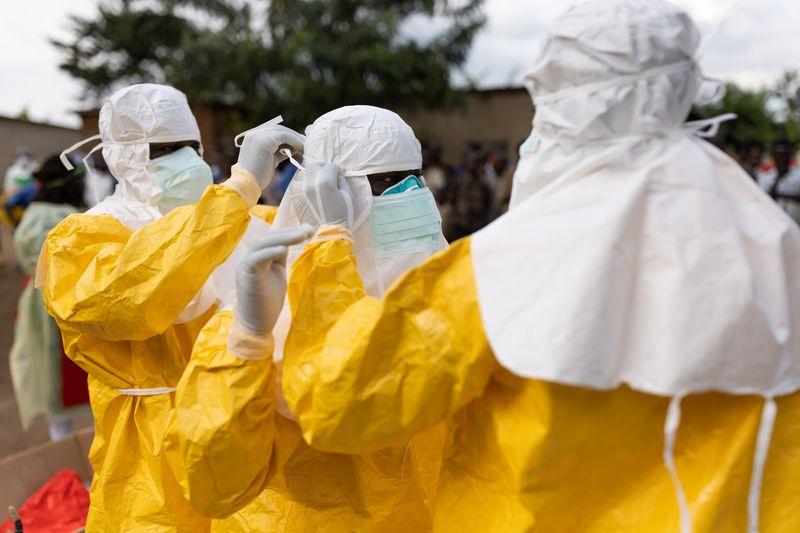
The Democratic Republic of Congo has launched a vaccination campaign in Kasai province to protect health workers and exposed residents as officials move urgently to contain the country’s 16th Ebola outbreak. The campaign marks a critical step in stopping the spread of the deadly virus, which has already claimed several lives.
The Ministry of Public Health declared the outbreak on September 4 after cases were confirmed in Bulape and Mweka health zones. Since then, health authorities, supported by the Africa Centers for Disease Control and Prevention (Africa CDC), have reported at least 68 suspected or confirmed cases and 16 deaths.
Unlike earlier outbreaks that mainly struck eastern Congo, this wave has emerged in the south, where poor infrastructure and limited healthcare access make emergency response efforts more difficult. Dr. Jean Kaseya, Director General of the Africa CDC, said the agency is working closely with Congo’s health ministry to coordinate the response. He stressed that frontline health workers are a priority and emphasized Africa CDC’s commitment to protecting communities.
To aid the vaccination drive, the World Health Organization (WHO) confirmed that 400 doses of the Ervebo vaccine have already been deployed to Kasai, with more expected soon. An international coordination group has approved the release of about 45,000 doses, adding to Congo’s small reserve of just 2,000. These reinforcements are considered vital in preventing further spread.
Ebola, first identified in Congo in 1976, remains one of the world’s most lethal viral hemorrhagic fevers. The current outbreak has been linked to the Zaire species of the virus, which historically has caused the majority of cases in the country. The disease spreads through direct contact with infected bodily fluids and kills more than half of those it infects.
Regional and global health agencies remain on alert even though no cases have been detected outside Congo. The U.S. Centers for Disease Control and Prevention has classified the risk of Ebola spreading to the United States as low but has issued a Level 1 travel advisory for Congo.
The outbreak adds pressure to Congo’s already fragile health system, which is burdened by ongoing armed conflict in the east and other crises that stretch limited resources. Health officials warn that quick action and international support will be essential to prevent a wider catastrophe.
Health
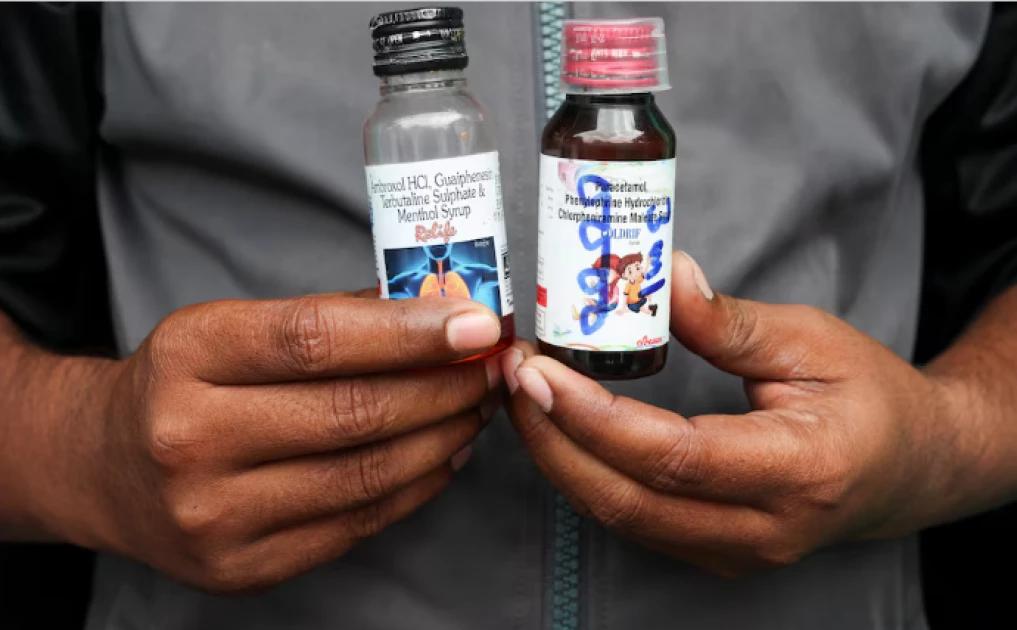
WHO Issues Alert Over Contaminated Cough Syrups From India
The World Health Organization (WHO) has warned about contaminated cough syrups in India after reports linked them to the deaths of several children in Madhya Pradesh’s Chhindwara district.
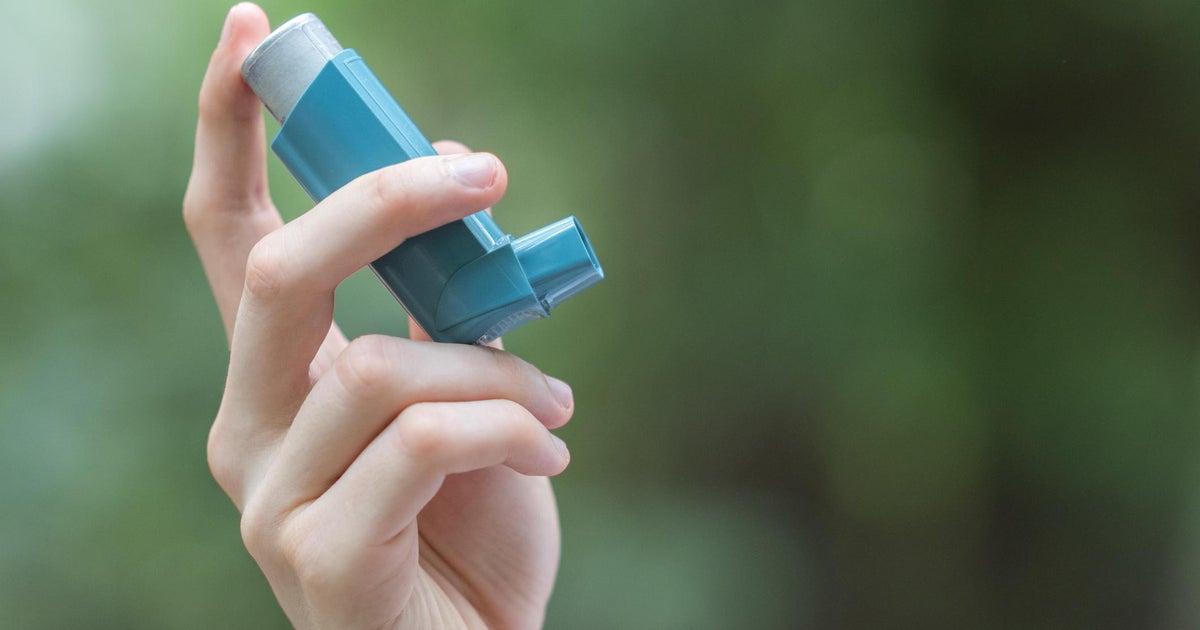
Inhalers Found to Emit as Much Carbon as 500,000 Cars a Year
Inhalers used to treat asthma and chronic lung diseases are responsible for a surprising amount of greenhouse gas emissions, new research shows.
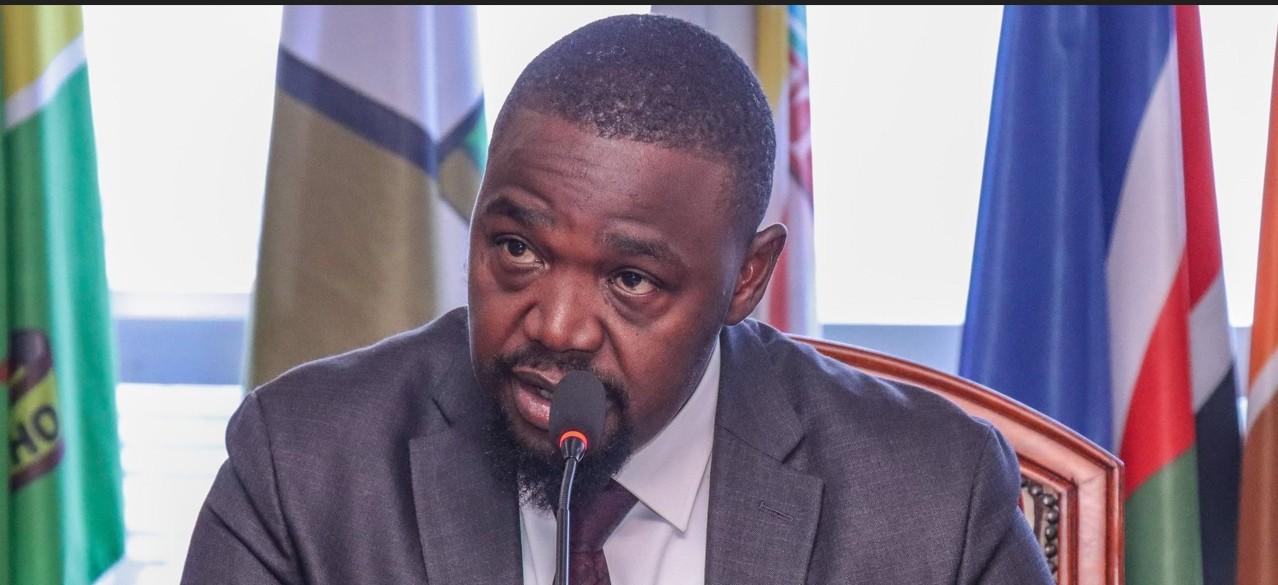
KMPDU Urges Ruto to Dissolve Kiambu Gov’t After 131 Deaths
The Kenya Medical Practitioners, Pharmacists and Dentists Union (KMPDU) has called on President William Ruto to dissolve the Kiambu County government following the reported deaths of 131 newborns during an ongoing doctors’ strike.
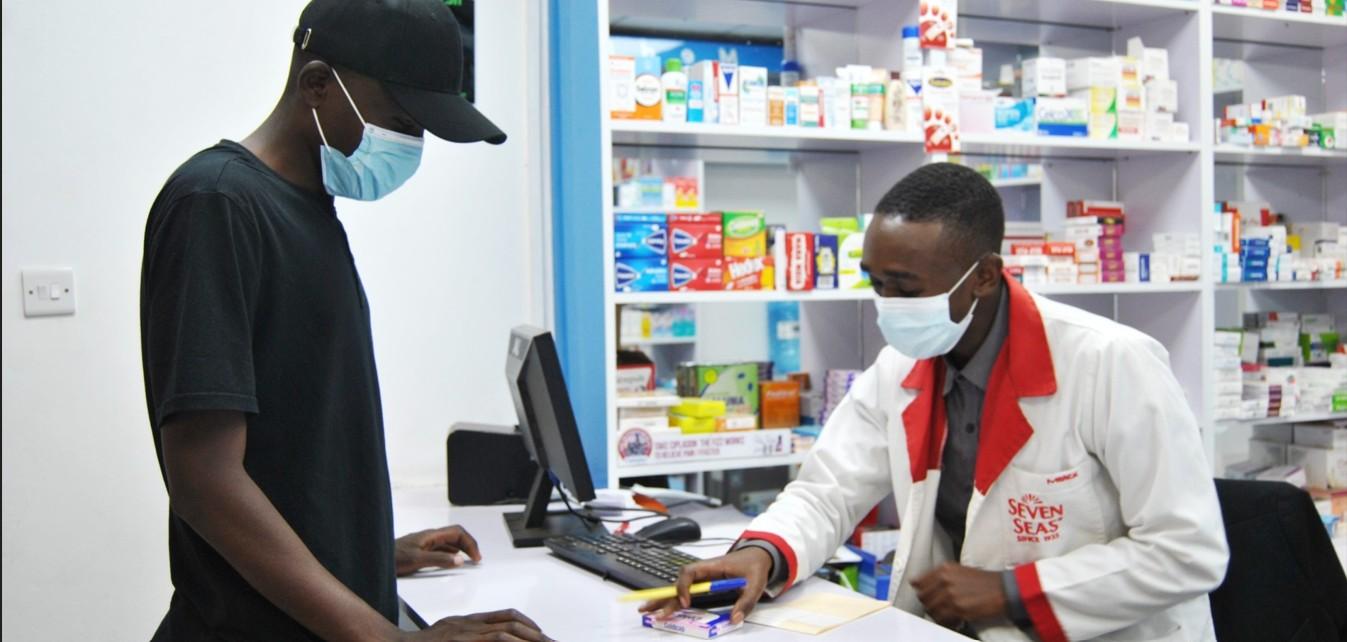
Pharmacy Board Refutes Medicine Import Ban Claims in Kenya
The Pharmacy and Poisons Board (PPB) has firmly rejected claims that it blocked over 21,000 medical products from entering Kenya, insisting that drug supply across the country remains uninterrupted.
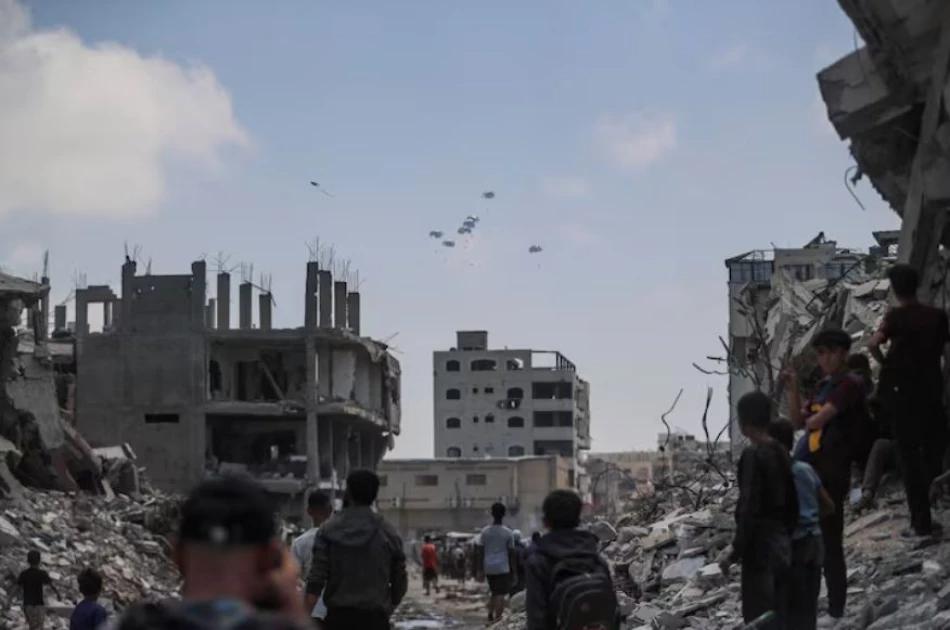
WHO: 42,000 in Gaza Suffer Life-Changing War Injuries
The World Health Organization (WHO) has reported that nearly 42,000 people in Gaza are living with life-changing injuries caused by the ongoing conflict, underscoring the severe human toll of the war.
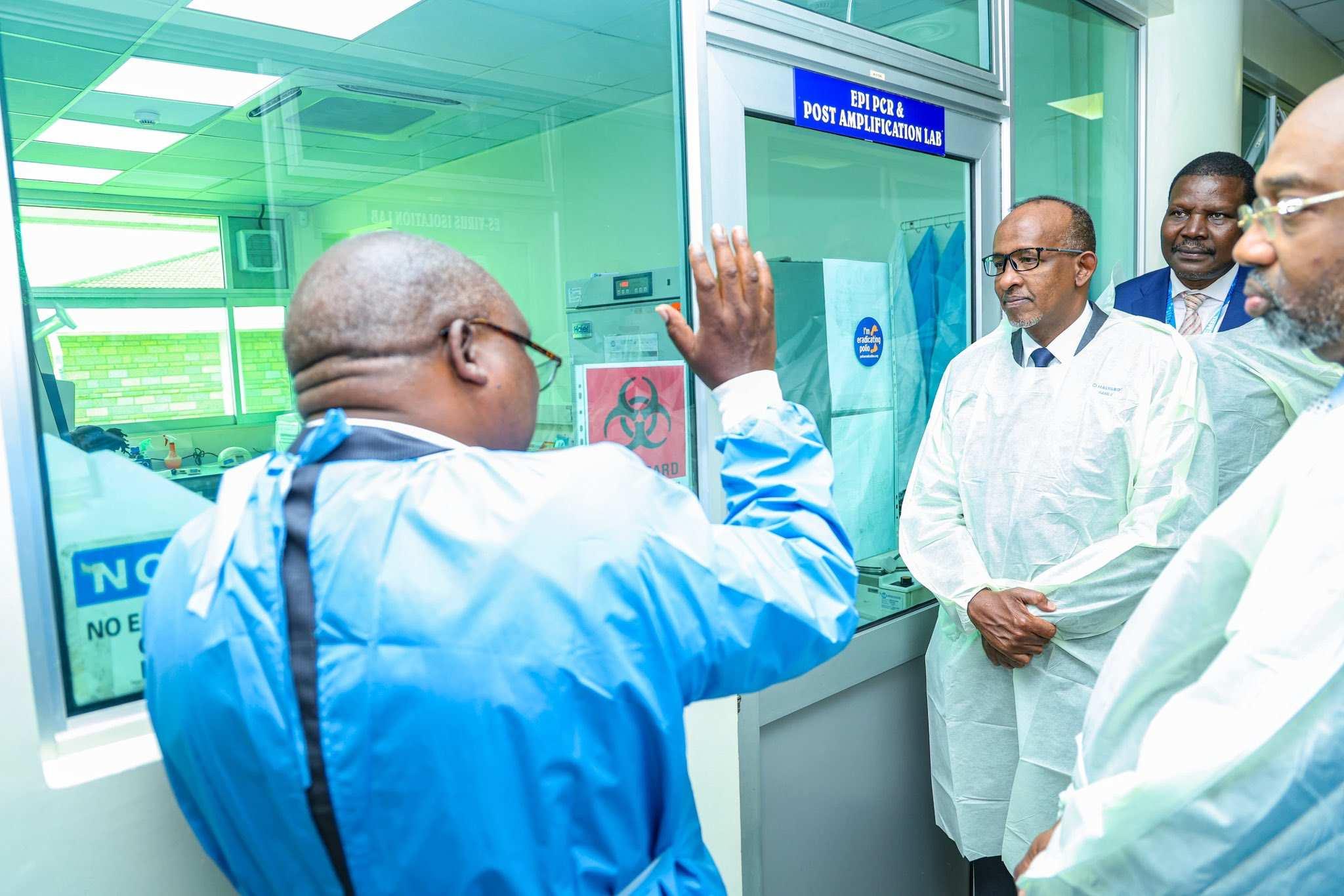
Kenya Opens Polio Lab to Strengthen Virus Detection in Region
Kenya has launched a new polio laboratory at the Kenya Medical Research Institute’s Centre for Virus Research.